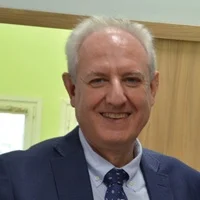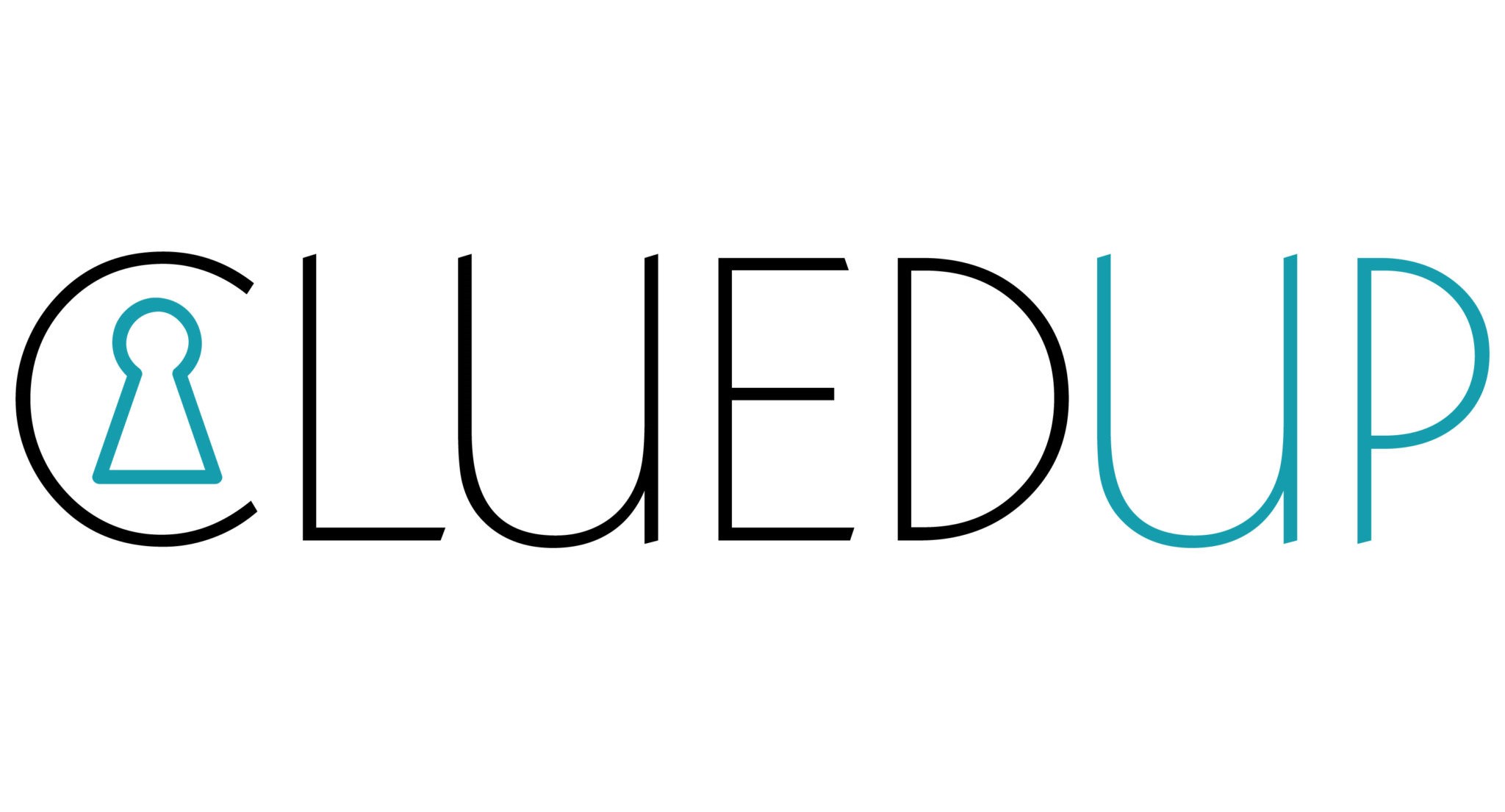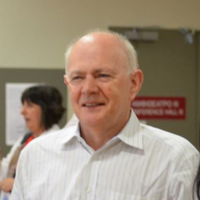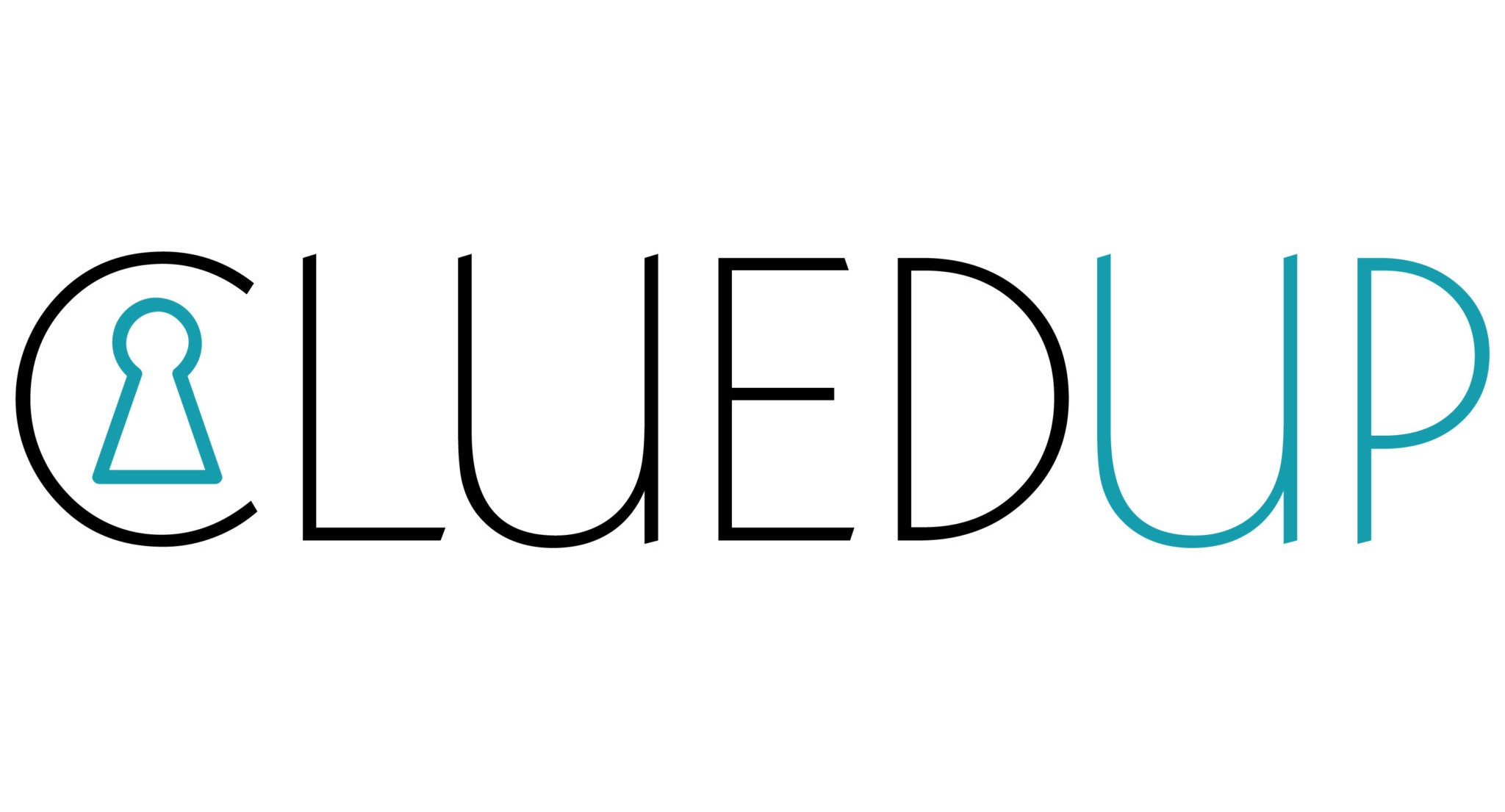
Panagiotis Bamidis
Professor of Medical Physics, Informatics and Medical Education & Director of the Lab of Medical Physics and Digital Innovation in the School of Medicine, Aristotle University of Thessaloniki

Research shows that using technology can be an effective way to deliver engaging learning experiences. As the demand for online and blended learning opportunities continues to grow, it’s now more important than ever to consider how to deliver better courses.
On this two-week course, you’ll learn how to transform your collaborative teaching in medical and healthcare education with escape room activities.
With this knowledge, you’ll be able to provide more effective, engaging, and innovative learning experiences in a range of disciplines.
You’ll start by exploring the importance of collaborative learning in medicine and healthcare education.
Next, you’ll unpack the various stages on how to implement your own escape room elements for your students.
To help you gain practical skills, you’ll be provided with step-by-step guides on how to develop your escape room scenarios for your teaching resources.
Finally, you’ll connect with a community of educators interested in the use of virtual scenarios in education. Here, you can discuss techniques and learn more about the real-world applications of online educational escape room activities.
Throughout the course, you’ll be guided by the specialists within the CLUEDUP (Collaborative Learning Using Escape Designs and Pedagogies) project.
With their expertise and outputs from the project, you’ll acquire the knowledge and skills to enhance your medical and healthcare collaborative activities with escape room elements.
By the end of the course, you‘ll be able to...
This course is aimed at medical and healthcare teachers who are interested in further developing their online collaborative learning activities for their students. The course would also be of interest to instructional designers.
The course may be of interest to educators who teach other related disciplines where they can use the approach of escape rooms puzzles and scenarios in their own teaching.
The course can be applied to any medical or healthcare programme across the world where they wish to use technology to enhance their curriculum. The course was developed as part of the funded European Commission project called CLUEDUP.
The course is completely free and available to learners without time limitations. Upon completion, you can issue a certificate of attendance (optional) for the amount of 20 euros.

Professor of Medical Physics, Informatics and Medical Education & Director of the Lab of Medical Physics and Digital Innovation in the School of Medicine, Aristotle University of Thessaloniki

e-Project Manager within Centre for Technology in Education, at St George's, University of London. Interested in delivering teaching and training through different types of virtual scenarios.

Terry is the former Professor of eLearning and Medical Education at St George's, London. His interests are focussed on the development and embedding of Scenario Based Learning in medicine & health

Researcher working for the Faculty of Medicine at Masaryk University. He focuses his research on medical image processing, machine learning, and technology-enhanced learning.

I am an e-Learning developer, working at St George's, University of London. My interests include the use of technology for learning, and in particular the use of virtual scenarios.
 CLUEDUP intends to provide the community with a scalable pedagogic framework to support embedding Escape Room-style.
CLUEDUP intends to provide the community with a scalable pedagogic framework to support embedding Escape Room-style.
funded by